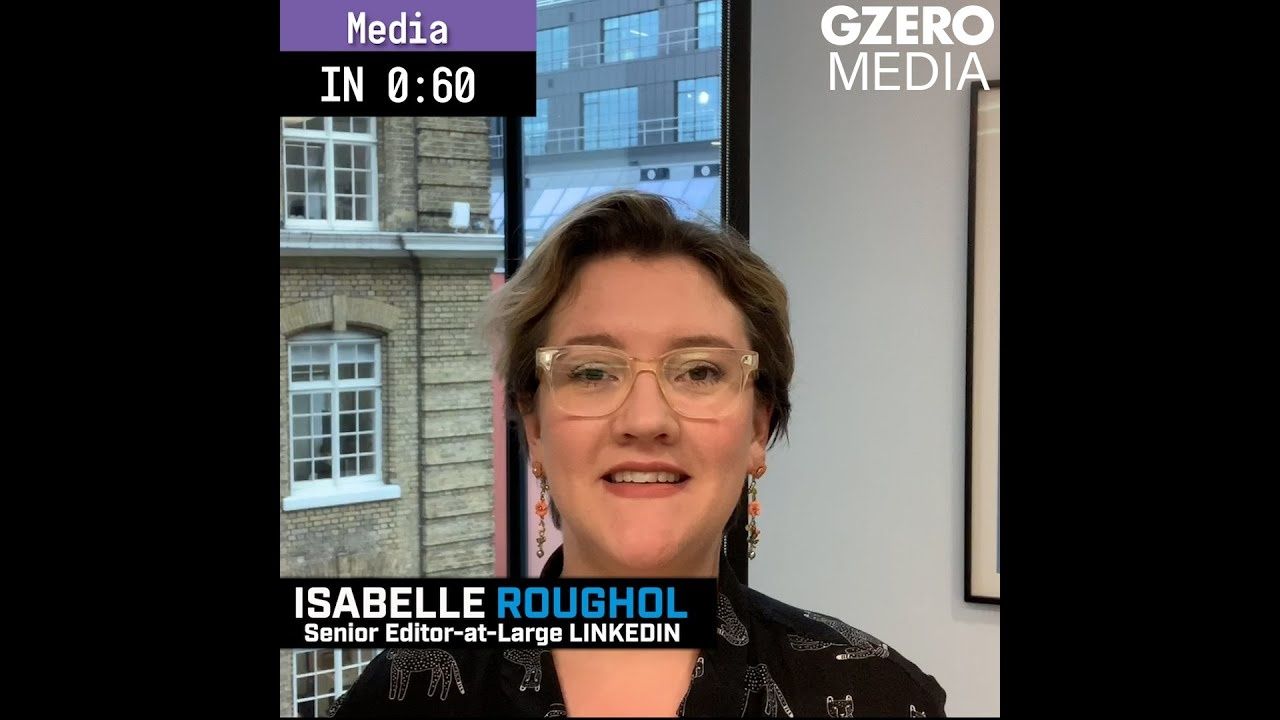
What's happening to Sports Illustrated?
So, a bizarre deal where they're selling the brand to ABG. But Meredith Corp. is going to license back that brand to continue publishing the actual magazine for up to two years. Presumably while ABG, which is really just a retail group, learns what the hell it means to publish a magazine. What it actually means is that the brand is worth more than the product that it publishes. It's a harsh truth for the newsroom but it is the truth. And my money is actually on S.I. folding eventually in the next two years.
Why is the New York Times freaking out about book deals?
So there are more than 25 New York Times reporters right now with a book deal, which means they're going to apply for book leave to go actually write the thing. Now the New York Times leadership had to crack the whip because they need your staff at their desk doing the job or out in the field doing the jobs they were hired for.
What this highlights to me is how insane it is that newspapers still haven't gotten in on the action. It's a thing in journalism you get a book deal it builds your reputation it's good for the brand but at some point newspapers that are looking for new income streams are going to realize that they funded the journalism in the first place that led to the book. If you look at John Carreyrou, all his Theranos reporting that was paid for by the Wall Street Journal, ended up being a book, it ended up being an HBO show. They got none of the money. What the hell. So if I was running that business and I know journalists are not going to like it. But I would definitely go there.